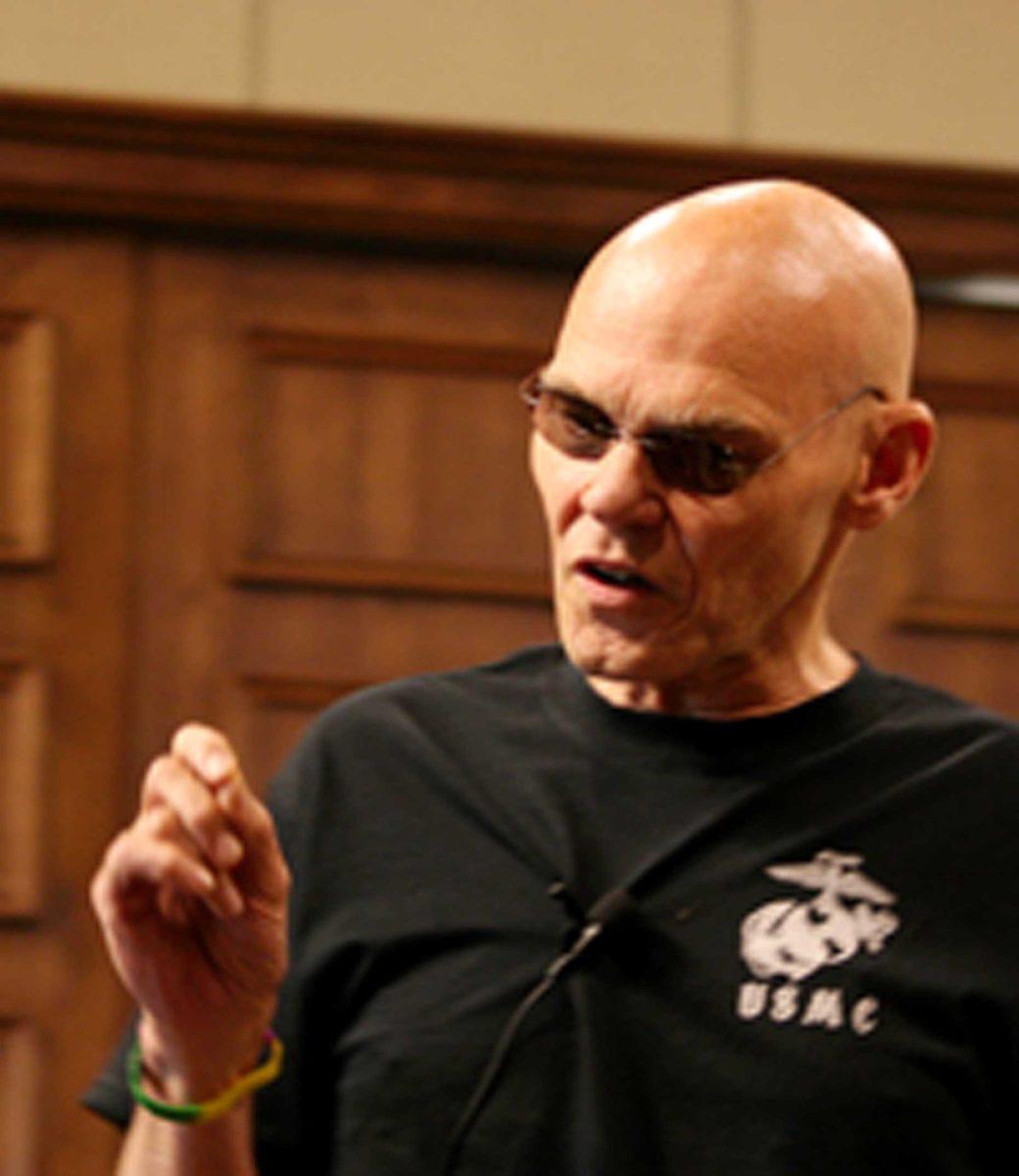America has many exports, especially intangible ones. American cultural phenomena and businesses — McDonald’s being an obvious example of both — have spread across the world.A more esoteric American export is political savvy — as the world’s dominant power, and as a nation governed by an elite class of political warriors, few countries have as deep a reserve of political expertise as America.Recently, America stepped up its professional exports to Afghanistan in a big way — James Carville is heading to the war-torn country to offer his considerable expertise.Carville, a University alumnus, is a Democratic adviser who made a name for himself as lead strategist for Bill Clinton’s 1992 presidential campaign. After gaining national prominence, Carville became a television pundit, hosting and appearing on a wide variety of news programs.Now Carville is going to try to help another man get elected president — this time on the other side of the world.Carville has announced he will help Ashraf Ghani attempt to usurp incumbent Hamid Karzai in the upcoming elections. Despite plummeting popularity ratings, Karzai currently has a commanding lead of 20 percent — and Ghani is in a distant third, behind optometrist Abdullah Abdullah.The political adviser claims he honestly thinks Ghani can help Afghanistan — and Ghani has said Carville is providing his services for free.Carville, who has advised international candidates before, acknowledged the task is going to be difficult. But the pundit said, “I always believe in being optimistic. Optimistic and on the offensive, that’s my motto.” If the concept of the drawling Carville offering his services to a dark-horse candidate in Afghanistan — where explosions and gunfire are still commonplace, even in urban areas — seems at least a little weird, you’re not alone.Neither Carville nor Ghani has eased the oddity of the partnership.The Afghan contender said of Carville, “This is a Louisiana boy who understands. If you understand New Orleans, you understand Afghanistan.”Carville responded with a glib, “Yeah, I felt a little bit at home, to be honest with you.”The jokes are, of course, references to the one common factor between politics in Louisiana and Afghanistan — a reputation for corruption.This hardly reflects well Louisiana — or perhaps worse — it doesn’t reflect well on Afghanistan.In many ways, the awkward corruption jokes are a good symbol of why Carville’s decision to assist an Afghan politician is so strange. Although Carville is certainly no slouch when it comes to politics, especially upsets — the Clinton election he was largely responsible for engineering was in many ways a total upset — his eagerness to work for an underdog campaign in a completely alien social climate seems almost absurd.Remember that Carville’s background is essentially identical to the average LSU student. He is going to be advising a campaign on how to win the votes of a demographic that is about as far removed from his own roots as possible. He will be devising strategies and advertising campaigns designed to court an electorate utterly removed from his in terms of religion, class, ethnic background, and almost any social norm that counts.In short, if Ghani’s campaign fails miserably, no one should be surprised — even if a proven American political advisor is on his campaign.But what if Carville does win? If somehow Carville manages to come up with winning strategies, and Ghani manages an upset, it could mean many things. A Carville victory, despite his lack of affinity with Afghan voters, might mean that maybe we’re not so different after all — maybe we all, on some level, look for the same things in politicians. Maybe the American public and the Afghan public aren’t as different as we think.It could also mean a Western-style democracy — the type of democracy Carville manipulates so masterfully — is beginning to take root in the general public.Or it could just mean Carville is incredibly good at his job.At this point, this is all speculation — Ghani’s campaign has a long way to go. The candidate’s only hope is to gain enough votes to prevent Karzai from obtaining a majority, which will be difficult. And that’s only the beginning of the battle. Many analysts even point out Carville’s involvement might actually cause more damage than good, since U.S. influence in that region is hardly something to brag about.But then again, Bill Clinton hardly looked like he would even win the nomination in 1992, let alone provide a challenge to the then-invincible George H.W. Bush.Either way, Carville’s involvement in Afghan politics is a fascinating one, and it might teach us a great deal about how the U.S. relates to a region that has traditionally despised it.Matthew Albright is a 20-year-old mass communication junior from Baton Rouge.—–Contact Matthew Albright at malbright@lsureveille.com
Nietzsche is Dead: James Carville getting into politics in Afghanistan
July 28, 2009
James Carville speaks to students about budgetary concerns Friday, April 24, 2009, in the Journalism Building.




